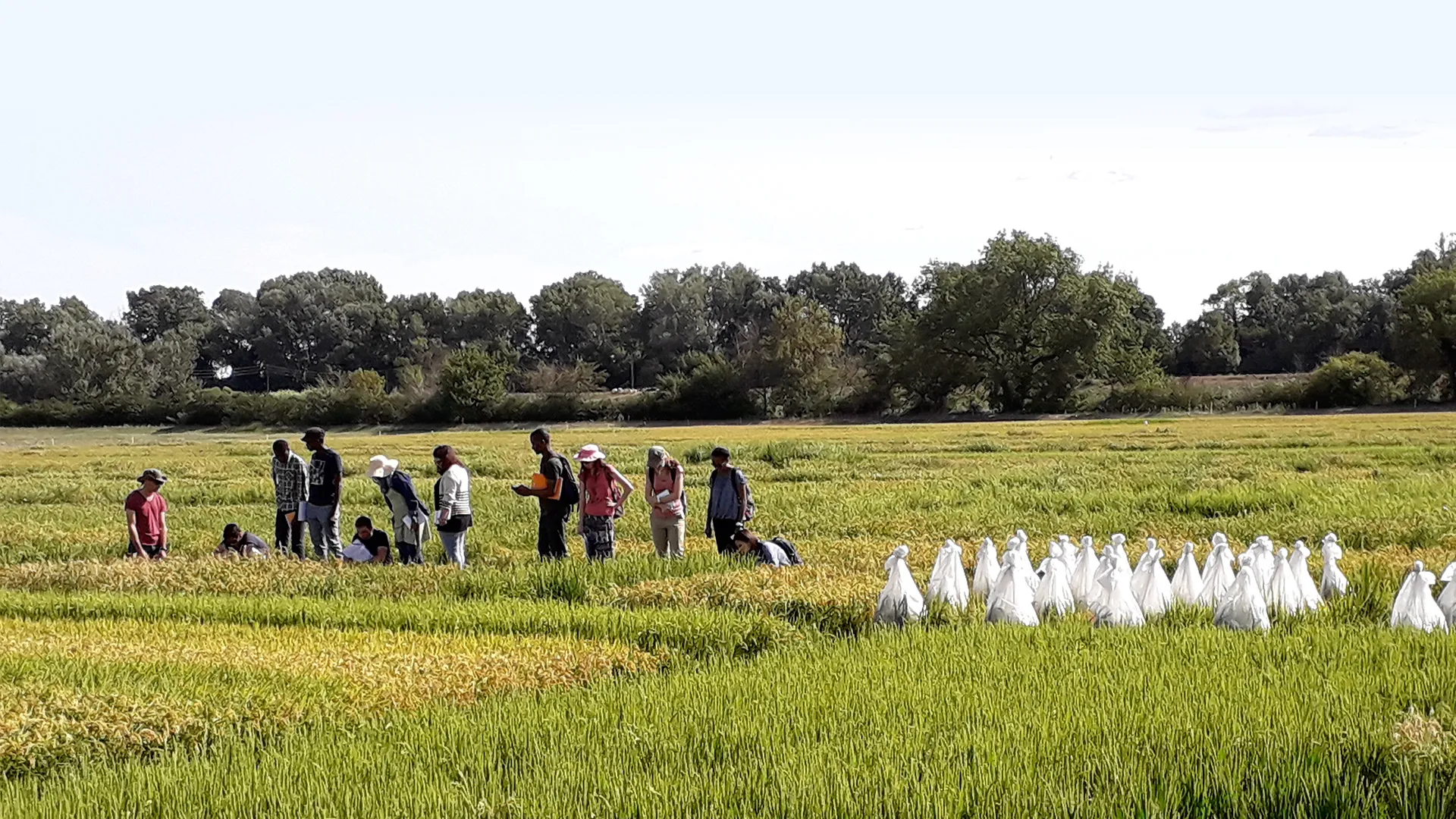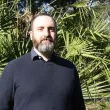General theme of the course
Changes affecting agriculture at the world level (environmental and societal changes) bring questions about paradigm shift in crop breeding and health. This course aims at guessing and designing the upcoming crop varieties and plant protection strategies to be developed in future production chains.
This course will bring scientific bases and methods to reflect on evolutions of plant breeding and plant protection at the global level. Students will learn how to design new plant ideotypes and plant protection systems in line with natural resources preservation, and integrate them into either innovative or traditional farming systems. Finally, this course aims at making students acquire additional operational skills and discover careers in plant breeding and crop protection sectors.
- Reference of the course: Plant Science UE1 - Level: 300
- Admission
- Europe - 3d year of Bachelor’s degree/ 1st year of Master’s degree
- USA - Bachelor Junior students/ Bachelor senior students/ MSc students - Teaching language: English (min B1 level)
- Organization and credits: The course is a full time 4-week-long course, with one item per week and a four-weeks applied transversal project. Successful completion of this course brings 7 ECTS credits
- Requirements: Basic knowledge in biology of organisms, plant protection, genetics and breeding.
- Grades: Grades are based on (i) evaluation of individual participation to classes and to the different exercises; (ii) evaluation of a written report (10 pages max) and (iii) final oral examination (15 minutes).
-
Course content
The course will combine lectures-seminars, laboratory, field and/or company on-site visits and project-based learning.
- First week theme: To analyze and predict the impacts of climate and societal changes on cropping systems
- Second week theme: To define suitable crop ideotypes well adapted to environmental constraints and new-coming agricultural systemsms
- Third week theme: Available methods to be developed to go towards the engineering of the desired crop ideotypes
- Fourth week theme: Technical, societal and legal challenges
Students are required to:
- attend all classes, discussion and on-site visit sections,
- informally and formally participate in class and all exercises,
- prepare an essay on a synthesis case study,
- take a final oral examination.
Disciplinary Content
Nb of hours
Sociology and economy
3
Agro-ecology
5
Eco-physiology
7
Phytopathology and pest management
7
Environmental sciences
3
Genetics
10
Breeding
6
Legislation
4
English
4.5
Multidisciplinary Project
10.5 (+40h group work)
-
Books and other reading materials
No books have been ordered for this course. All required readings are available as downloads from the Montpellier SupAgro teaching platform. There is no formal reading packet for this course.
-
Final note
We reserve the right to make modifications [additions, deletions, etc.] to the syllabus, assignments, requirements and expectations for this course; any such modifications will be clearly communicated and communicated in a timely way.
Keywords: climate change, societal expectations, crop pests, food security, diversification of agricultural production, ideotype, biocontrol, tolerance to biotic and abiotic constraints, genotype/environment interaction, genetic innovation, biotic interaction, genotype, phenotype, multi trait combination, genetic recombination, perception towards innovation, public acceptability, production processes, genome editing, participatory plant breeding, legal issues
Contacts
L'Institut Agro Montpellier
2 place Pierre Viala
34060 Montpellier - France
Tél. : +33 (0)4 99 61 22 00 Tél. : +33 (0)4 99 61 22 00
Fax : +33 (0)4 99 61 29 00
contact@supagro.fr




















